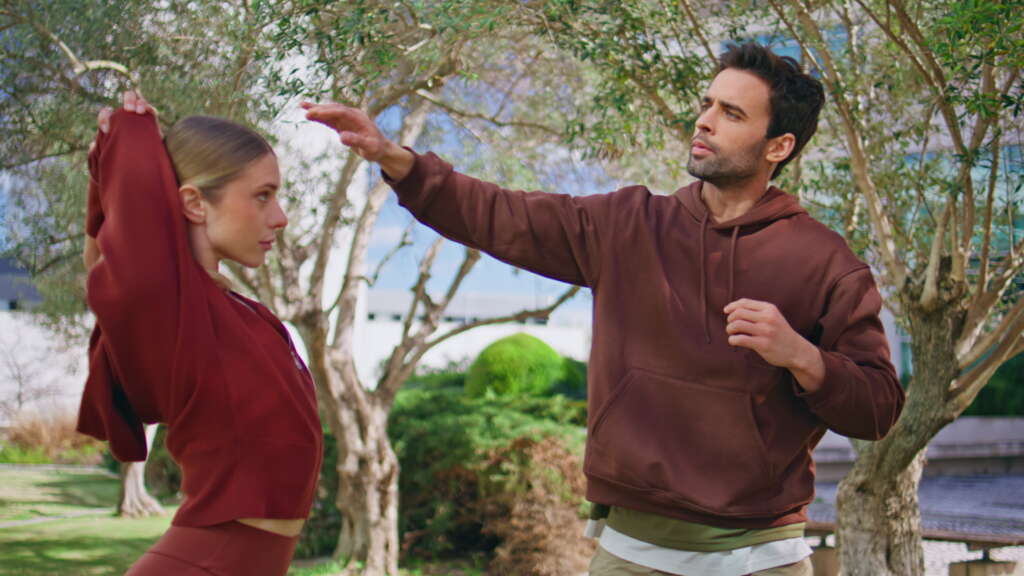Martial arts offers teenagers more than just self-defense skills – it provides a comprehensive pathway to physical fitness, mental strength, and personal growth. Whether your teen is athletic or not, martial arts can be a transformative activity that builds confidence, discipline, and resilience.
Benefits of Martial Arts for Teens
Physical Benefits
- Improved coordination and balance
- Enhanced strength and flexibility
- Better cardiovascular health
- Increased body awareness
- Healthy weight management

Mental and Emotional Benefits
- Increased self-confidence
- Better stress management
- Improved focus and concentration
- Enhanced self-discipline
- Greater emotional control
Choosing the Right Martial Art
Popular Styles for Teens
Karate
- Focuses on striking techniques
- Emphasizes discipline and respect
- Great for beginners
- Clear progression system
Taekwondo
- Known for dynamic kicks
- Olympic sport potential
- Emphasizes flexibility
- Strong focus on forms
Brazilian Jiu-Jitsu
- Focuses on ground techniques
- Builds problem-solving skills
- Excellent for self-defense
- Develops strategic thinking
Getting Started
Finding the Right School
Look for these key factors:
- Qualified instructors
- Age-appropriate classes
- Clean, safe facilities
- Positive teaching environment
- Clear progression system
What to Expect
Initial experiences typically include:
- Basic stances and movements
- Fundamental techniques
- Safety protocols
- Dojo etiquette
- Conditioning exercises
Making It Work
Time Commitment
Plan for:
- 2-3 classes per week
- Home practice time
- Tournament preparation (if interested)
- Belt test preparation
Supporting Your Teen’s Journey
Parents can help by:
- Showing consistent support
- Attending demonstrations
- Helping with practice
- Respecting the learning process
- Celebrating achievements
Overcoming Common Challenges
Physical Challenges
Address concerns about:
- Initial fitness levels
- Flexibility requirements
- Contact sparring
- Training intensity
Mental Challenges
Help with:
- Performance anxiety
- Competition stress
- Plateau periods
- Advancement pressure
Long-Term Benefits
Life Skills Development
Martial arts training provides:
- Leadership opportunities
- Conflict resolution skills
- Goal-setting experience
- Community involvement
- Personal responsibility
Remember, martial arts is a journey, not a destination. The skills and values learned extend far beyond the dojo, helping teens develop into confident, capable adults.

